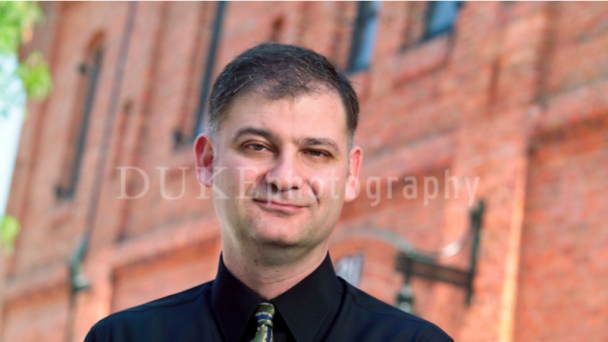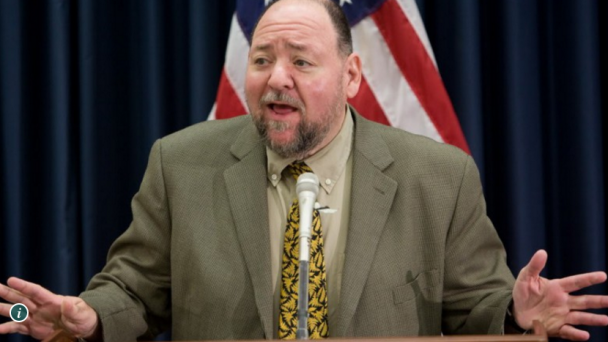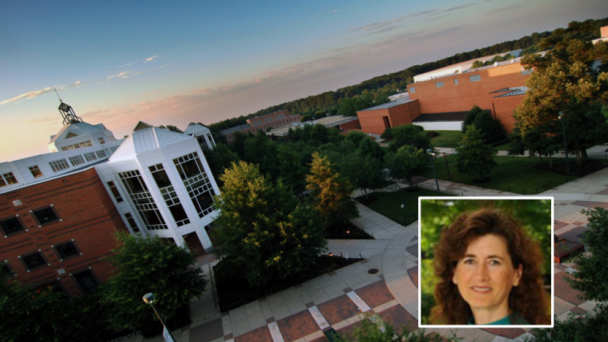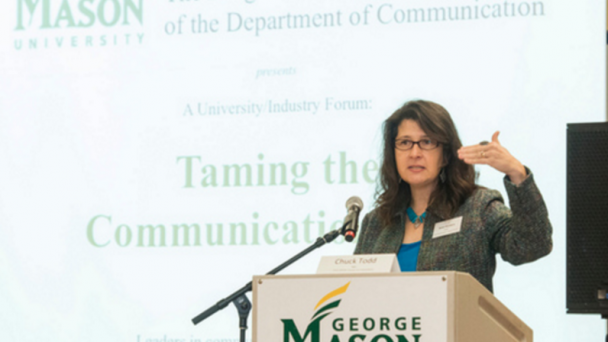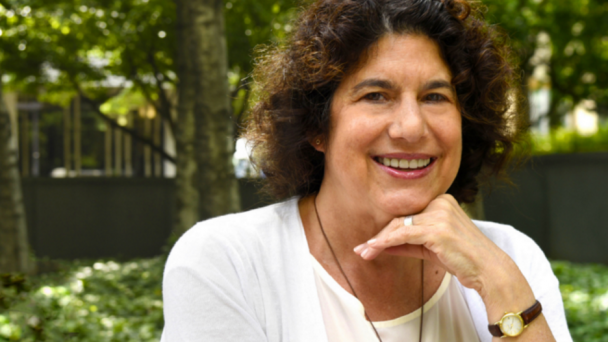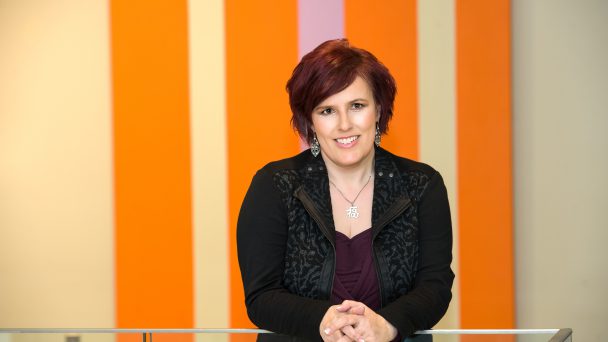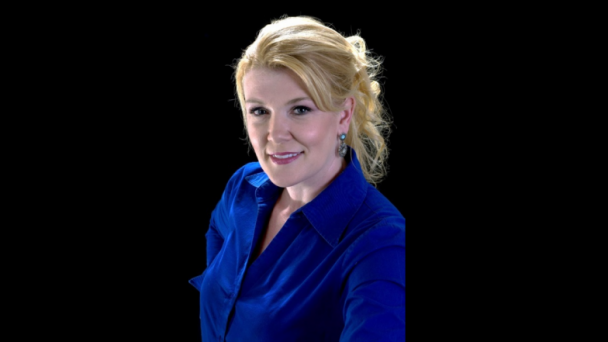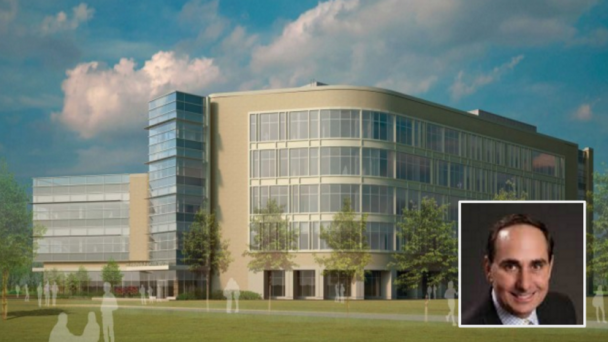Summary
Assistant Professor and Undergraduate Program Director, Department of Rehabilitation Science in the College of Health and Human Services
Dr. Herrick is an exercise physiologist with extensive experience in analyzing biological mechanisms underlying cardiopulmonary responses in a wide range of clinical populations.
He is presently doing research on Obstructive Sleep Apnea and Muscle Fatigue.
Information
CHHS webpage: chhs.gmu.edu/faculty-and-staff/herrick
Email: jherrick@gmu.edu Phone: 703-993-1263 Address: Robinson A451D
Department of Rehabilitation Science
MS: 2G7, 4400 University Dr
Fairfax, VA 22030-4444
Biosketch
Dr. Herrick is an Assistant Professor and the undergraduate program director at the Department of Rehabilitation Science in the College of Health and Human Services. Dr. Herrick is an exercise physiologist with extensive experience in analyzing biological mechanisms underlying cardiopulmonary responses in a wide range of clinical populations.
Dr. Herrick earned a doctorate in Rehabilitation and Movement Science with a concentration in Cardiopulmonary Physiology at Virginia Commonwealth University in 2009. He also earned a Bachelor’s Degree in Psychology from Utica College of Syracuse University in 1994 and a Master’s Degree in Exercise Physiology from James Madison University in 2005. Dr. Herrick is a professional member of American College of Sports Medicine and American Academy of Sleep Medicine.
Education
Virginia Commonwealth University Doctor of Philosophy (Ph.D.), Rehabilitation and Movement Science
2005 – 2009
James Madison University Master’s Degree, Exercise Physiology
2002 – 2005
Syracuse University Bachelor’s Degree, ...
